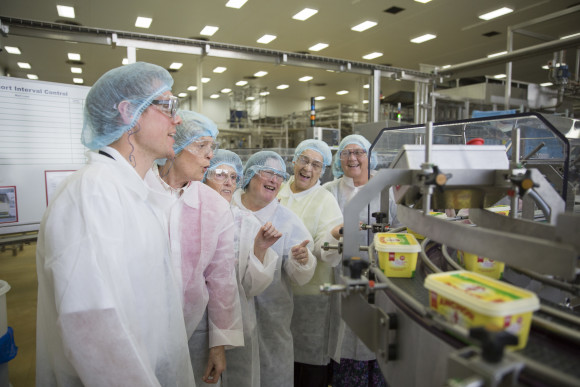Japan, UK pushing to seal bilateral free trade deal this month

Japan Times | 8 August 2020
Japan, UK pushing to seal bilateral free trade deal this month
by Kazuaki Nagata
Japan and the U.K. were on the same page on most subjects covered by their proposed free trade pact during face-to-face ministerial negotiations this week and are aiming to reach an agreement by the end of the month.
As the clock ticks down on the transition period for the U.K.’s exit from the European Union, the two sides held in-person meetings on Thursday and Friday despite the COVID-19 pandemic to speed up negotiations.
Foreign Minister Toshimitsu Motegi, who departed Britain on Friday local time, said he and British Trade Secretary Liz Truss now share the same sentiments on major subjects.
“But we have not reached a broad agreement yet, so I’d like to refrain from giving details,” Motegi told reporters, saying Japan and the U.K. will try to strike a deal by the end of the month.
It was his first overseas visit since the COVID-19 outbreak.
Given that the U.K.’s Brexit transition period, which allows it to stay in the Japan-EU free trade pact, will terminate at the end of the year, the two sides want to seal a deal as soon as possible to move onto the domestic ratification process.
A major focus of the effort is whether the two states will be able to draft a more fruitful treaty than the Japan-EU Economic Partnership Agreement, which the talks are based on, in such a short period of time. It normally takes years for nations to reach a trade agreement, but Japan and the U.K. plan to do so in less than three months — the negotiations only began in June.
Japanese officials who briefed reporters after the latest session said more work is needed to put on the finishing touches. The officials refused to reveal the pending issues, but they are believed to be related to automobiles and agriculture.
One of Japan’s goals is to get the U.K. to eliminate tariffs on cars at an earlier date. Under its agreement with the EU, the 10 percent tariff on vehicles from Japan is to be eliminated eight years after the deal took effect.
In the meantime, the U.K hopes to get wider access to the Japanese agriculture market. London has been reportedly pushing Japan to set up special tariff-free volume limits for some commodities, such as malt and butter. But Tokyo is reluctant to give in because granting preferential treatment to the U.K. may prompt the U.S. to pressure Japan to do the same in their bilateral deal.
One area where Japan and the U.K. appear to be on the same page is digital trade. That realm has increasingly become a point of contention in global trade talks in recent years as internet companies expand their presence in markets around the world.
While the U.S. wants to promote free cross-border flow of data, countries including China, Russia and India have taken a more restrictive approach to handling data by, for instance, requiring online companies to store personal data on their citizens on servers within their borders.
Japan’s stance is basically the same as that of the U.S.
Truss told the Nikkei daily in June that the U.K. wants to strengthen digital and data trade to facilitate the free flow of data with Japan.
By getting the U.K. on board, Japan and the U.S. apparently want to build momentum toward smooth cross-border data flows while lowering the hurdles internet companies face when doing business overseas.
The Japan-EU EPA took effect in February 2019 after five years of negotiations. The deal covers about a third of the global economy.
Brussels will eliminate tariffs on about 99 percent of imports from Japan under the deal, while Tokyo will remove tariffs on about 94 percent of items imported from members of the EU.





